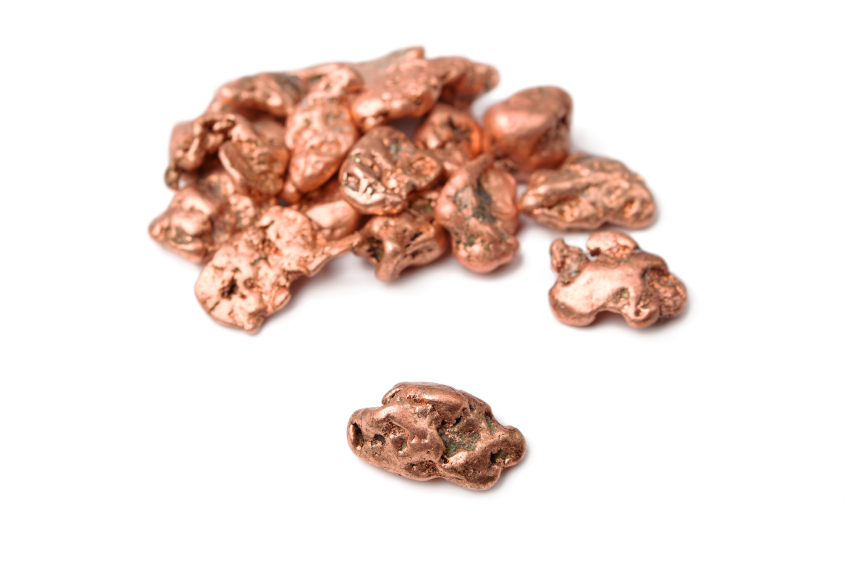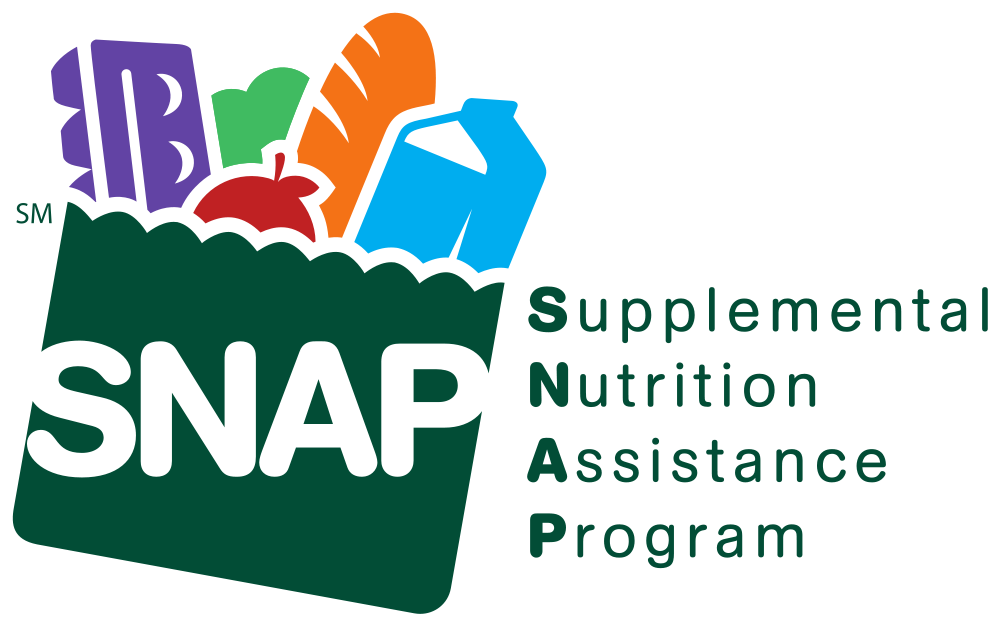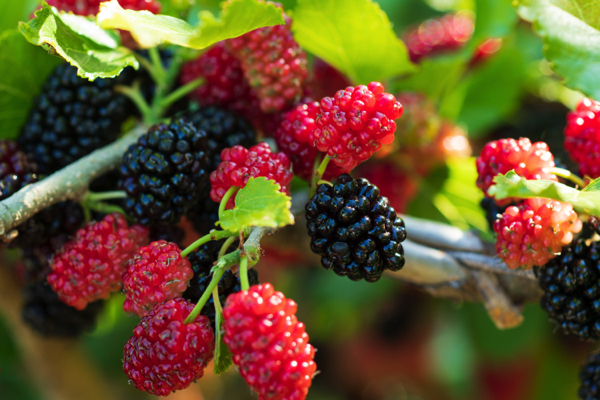
Imagine a world where the secret to defying age-related decline isn’t a high-priced pharmaceutical or grueling fitness regimen — but a handful of blueberries, a square of dark chocolate, or a steaming cup of green tea. New research confirms what traditional healers have known for centuries: Flavonoids, the unsung heroes of plant-based nutrition, may hold the key to staying sharp, strong, and vibrant well into old age. Despite all the benefits, flavonoids aren't even mentioned in government dietary guidelines.
Key topics:
- Flavonoid-rich foods like strawberries, blueberries, and dark chocolate may slash heart attack risk by 34%.
- Women consuming three servings of berries weekly saw dramatic reductions in frailty and mental decline.
- Red wine and green tea also linked to lower inflammation and better aging outcomes.
- Western diets neglect these powerful compounds — here’s how to reclaim them.
The science behind nature’s longevity elixir
A landmark study published in The American Journal of Clinical Nutrition followed over 86,000 adults for 24 years, revealing that those who consumed the most flavonoid-rich foods — like apples, berries, and tea — were 15% less likely to become frail, 12% less likely to suffer physical decline, and 12% less likely to experience mental health struggles compared to those who neglected these foods. The Nurses’ Health Study II delivered even more striking results: Women who ate three or more servings of blueberries and strawberries weekly had a 34% lower risk of heart attacks — a statistic that should make Big Pharma executives nervous.
Flavonoids, the vibrant pigments that give plants their colors, are nature’s original anti-aging medicine. They work by neutralizing free radicals, reducing chronic inflammation, and improving blood vessel function. Yet, despite their proven benefits, mainstream dietary guidelines barely mention them. "The Western diet is flavonoid-starved," says Dr. Eric Rimm of Harvard University, a co-author of the study. "We’ve replaced these protective compounds with processed sugars and refined grains, and our health is paying the price."
The top flavonoid powerhouses you’re probably not eating enough of
Here’s a breakdown of 10 critical flavonoids and where to find them:
- Quercetin – Apples, onions, capers, kale, cherries, red wine, green tea, citrus fruits, broccoli, berries.
- Epicatechin – Dark chocolate, green tea, black tea, apples, grapes, red wine, pears, raspberries, fava beans.
- Anthocyanins – Blueberries, blackberries, strawberries, red cabbage, purple grapes, elderberries, raspberries, plums, blood oranges, eggplant.
- Catechins – Green tea, black tea, cocoa, apples, pears, peaches, apricots, red wine, broad beans, black grapes.
- Kaempferol – Kale, spinach, broccoli, green tea, strawberries, grapes, tomatoes, Brussels sprouts, apples, grapefruit.
- Hesperidin – Oranges, lemons, grapefruit, tangerines, limes, peppermint, bell peppers, tomatoes, berries.
- Naringenin – Grapefruit, oranges, tomatoes, cherries, cocoa, bergamot, lemons, limes, tangerines, water mint.
- Apigenin – Parsley, celery, chamomile tea, oregano, basil, cilantro, onions, oranges, grapefruit, rutabaga.
- Luteolin – Celery, parsley, thyme, green peppers, chamomile tea, carrots, olive oil, peppermint, rosemary, oregano.
- Proanthocyanidins – Dark chocolate, cranberries, apples, grapes, red wine, cinnamon, peanuts, strawberries, blueberries, pecans.
The research is clear: diversity matters. A diet rich in multiple flavonoid sources — not just one or two — provides synergistic benefits. For example, red wine’s 19% reduction in frailty risk and blueberries’ 11% lower risk of physical decline suggest that combining these foods could amplify their effects.
Why women benefit more — and what men can do
One puzzling finding? Women saw stronger protective effects than men, particularly with berries and red wine. Researchers speculate this could be due to hormonal differences, lower baseline inflammation, or even the fact that women in the study were more likely to be smokers (flavonoids are especially protective for those exposed to oxidative stress). But men shouldn’t despair — those who prioritized flavonoid-rich foods still lowered their risk of mental decline by 12%, with tea and dark chocolate showing particular promise.
In an era where processed foods dominate grocery shelves, the study’s most urgent message is this: flavonoids are not optional. They’re a non-negotiable part of human nutrition, ignored at our peril. As Nicola Bondonno, lead author of the study, puts it: "The data suggests that even small increases — just three extra servings per day — can shift the trajectory of aging."
So, the next time you reach for a snack, ask yourself: Will this feed disease — or fight it? The answer might lie in a humble apple, a stick of peppermint, a square of dark chocolate, or a cup of tea.
Sources include:
Please contact us for more information.



















